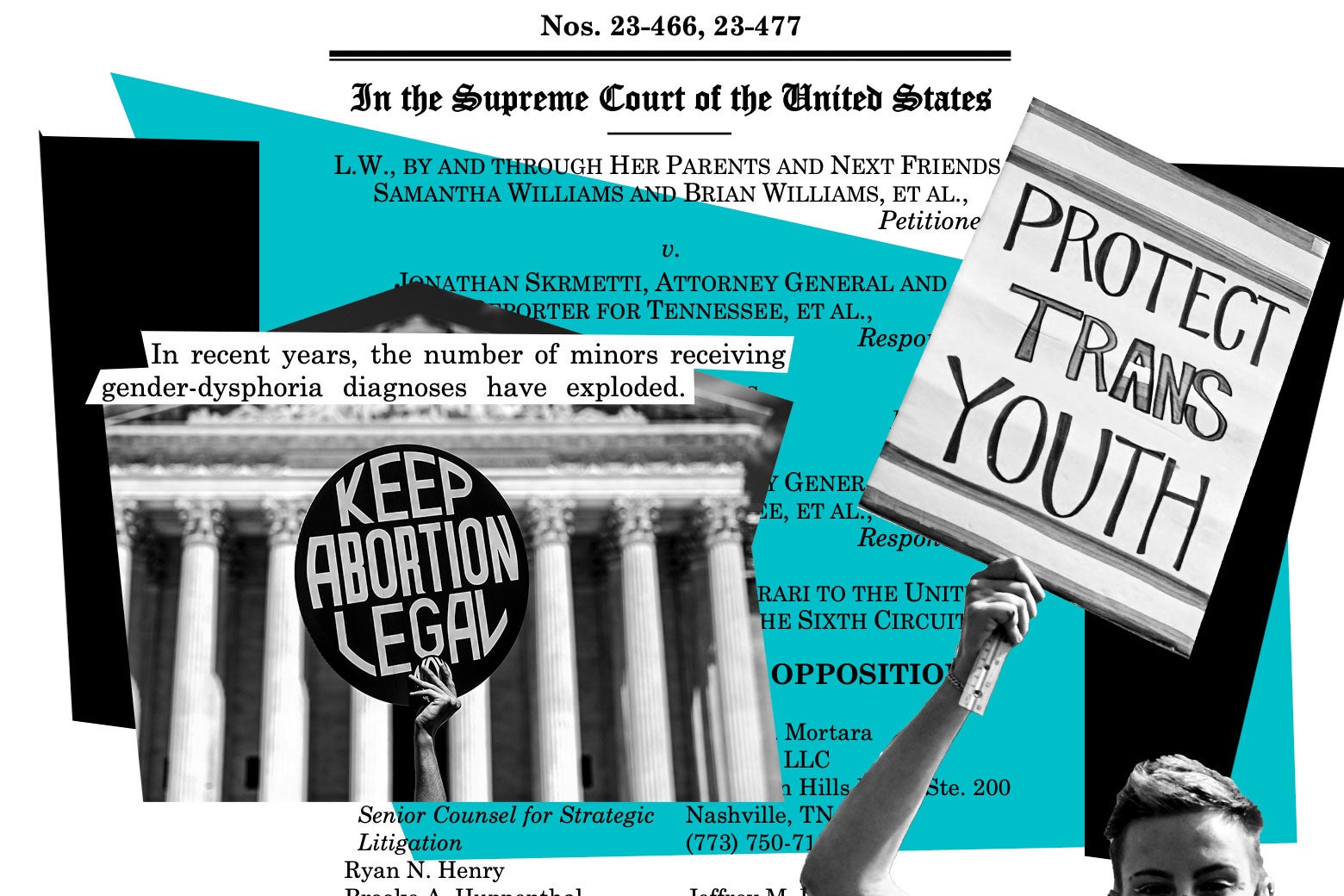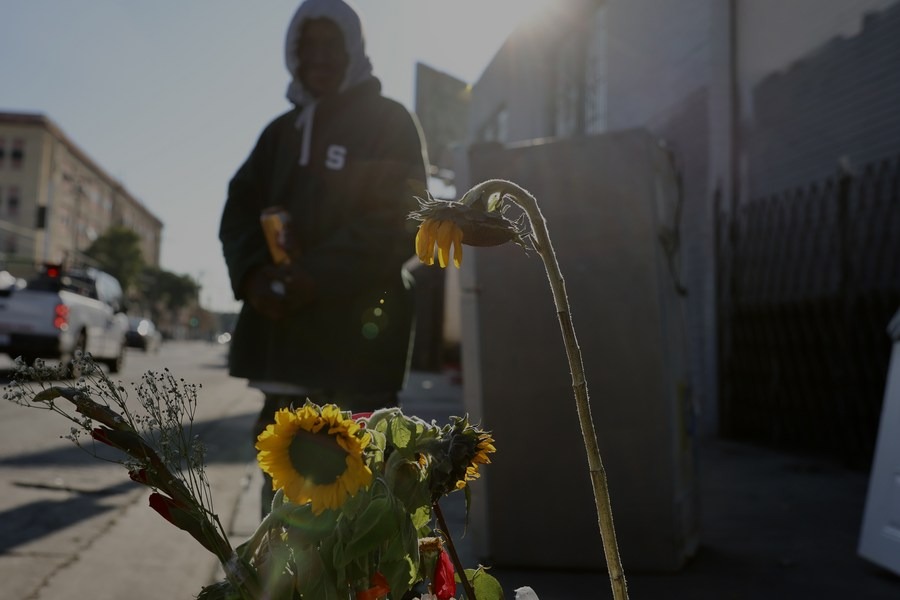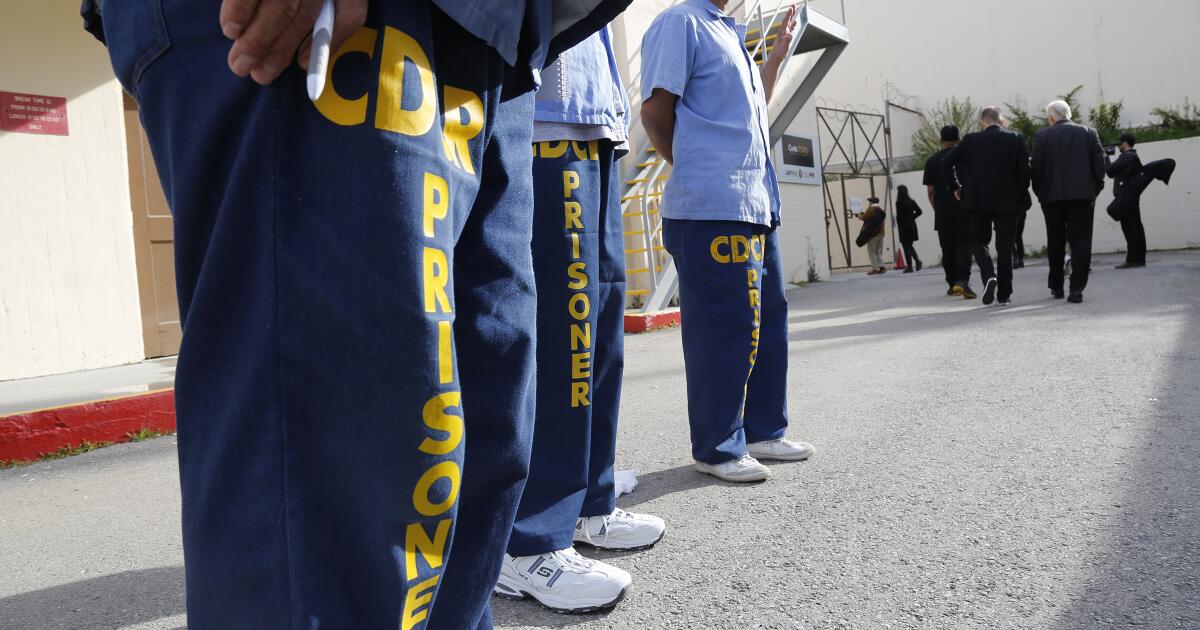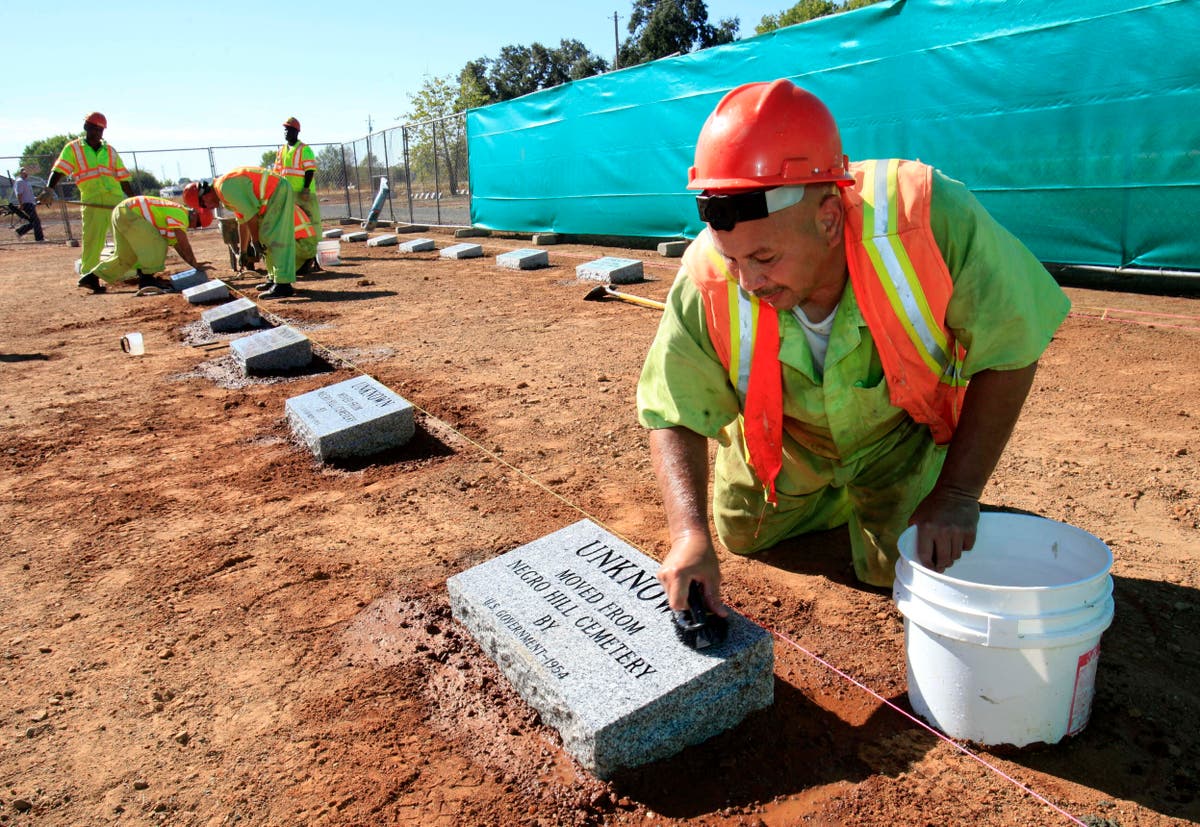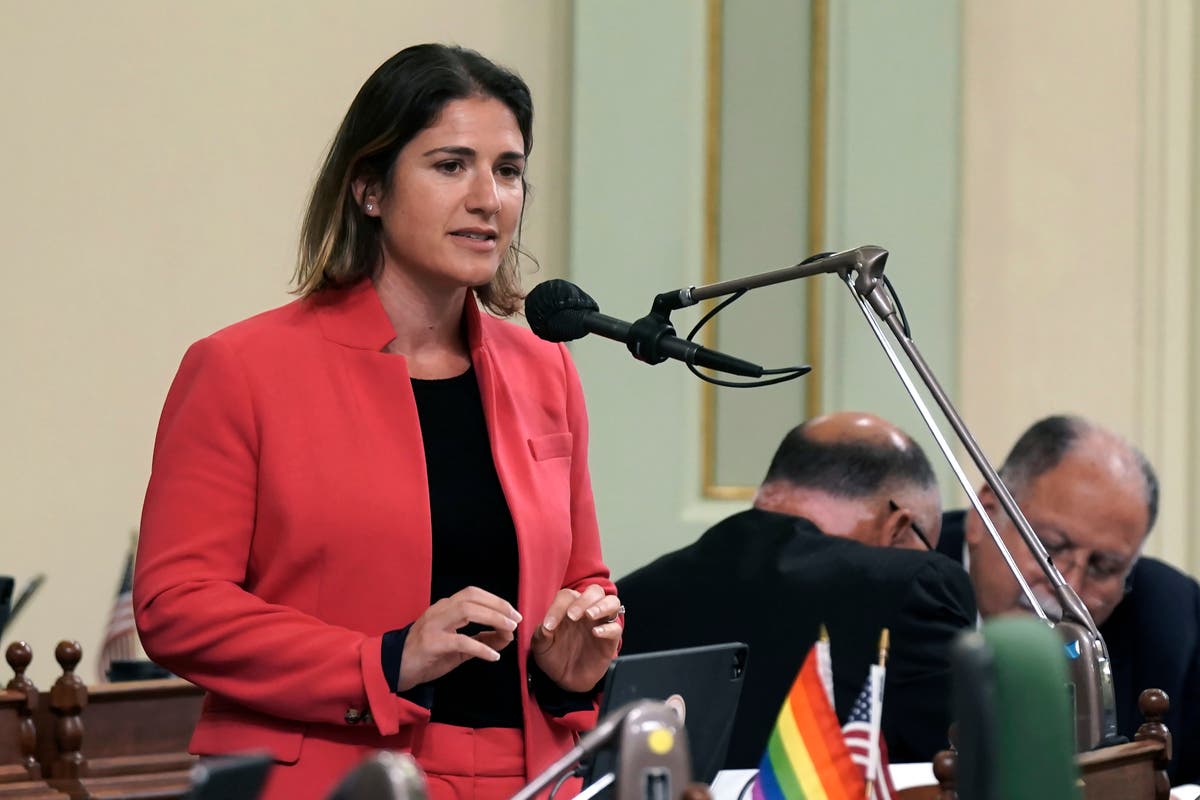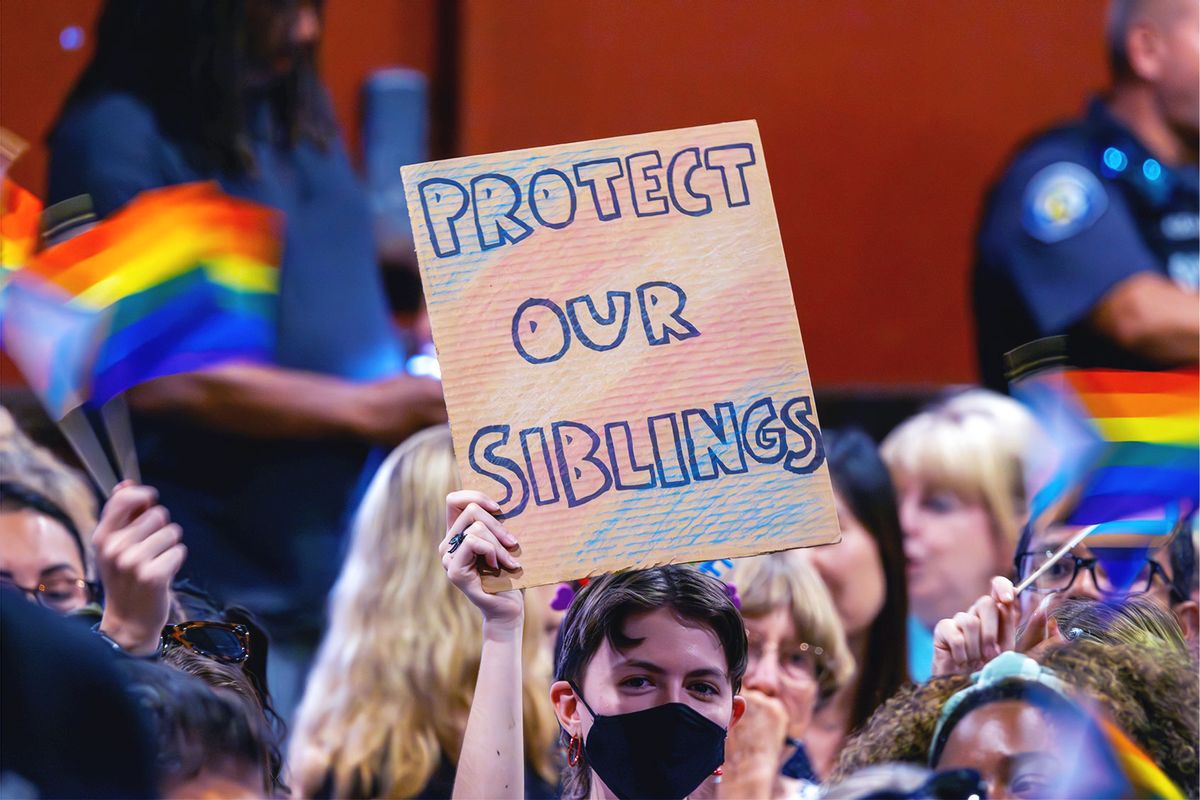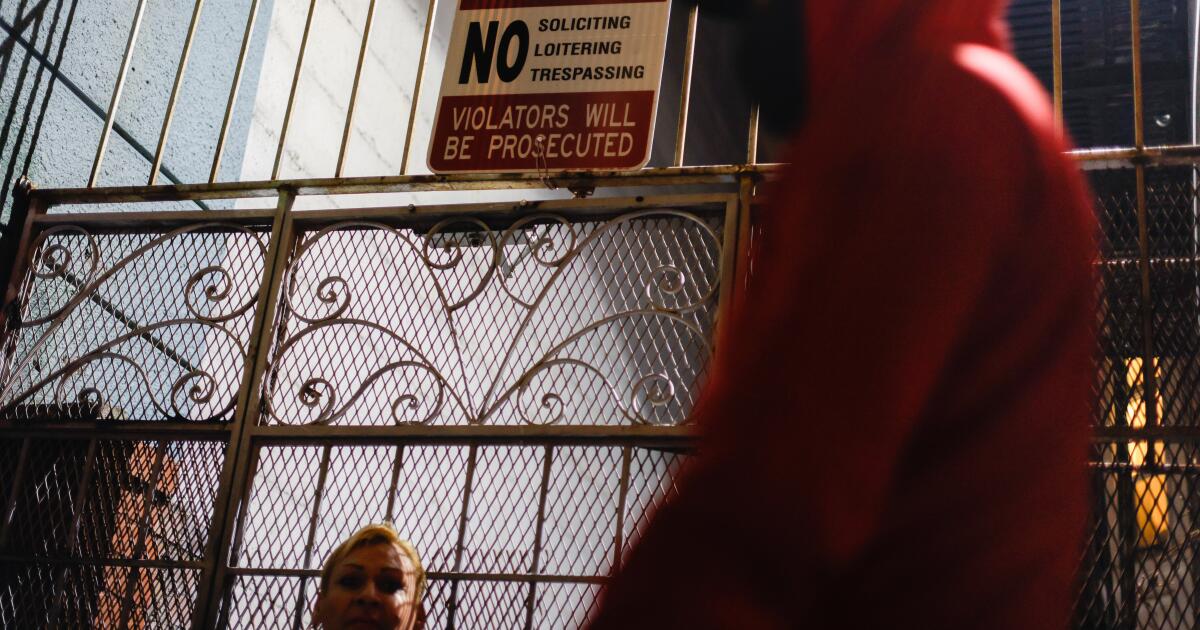
California repeals anti-loitering law that sparked debate over decriminalizing sex work
LA TimesGavin Newsom on Thursday signed a controversial bill to repeal a provision of state law that bans loitering for the intent to sell sex — a proposal that deeply divided Democrats in the Legislature and pitted transgender rights activists against advocates to stop human trafficking. My Administration will monitor crime and prosecution trends for any possible unintended consequences and will act to mitigate any such consequences.” Lawmakers initially passed Senate Bill 357 in September, but state Sen. Scott Wiener delayed sending it to Newsom until June during Pride Month, in order to buy time to address concerns from the opposition and present the case for why the measure should become law. “It is important to recognize that sex work and sex workers need to have dignity, and that we are also safe as we navigate the streets of the state of California.” Opponents have argued that the bill takes California down the path toward full decriminalization of sex work, and that police use the loitering law to hold johns and pimps accountable for allegedly taking advantage of young women and girls. And those unintended consequences, I believe, do put young women, young girls, and really and truly, our most vulnerable Californians at a greater risk of human trafficking.” Petrie-Norris said she wanted her fellow lawmakers to instead find a “different approach and a different strategy” to “ensure that we can protect and lift up all Californians.” But Ayako Miyashita Ochoa, co-director of the Southern California HIV/AIDS Policy Research Center and an adjunct professor at the UCLA Luskin School of Public Affairs, said criminalization pushes sex workers into “isolated and unsafe spaces,” with “scant evidence” of any positive health outcomes. Data instead show that criminalization of consensual sex work leads to increased risk of STIs, HIV and condomless sex, Miyashita Ochoa said, and creates distrust in law enforcement.
History of this topic

‘Sex work’ advocacy in California is harming children
Al Jazeera
A bill to repeal California’s anti-loitering law divided sex workers and advocates. It’s now up to Newsom
LA Times
Sex workers are pitted against each other in fight over California’s loitering law
LA Times
Removing Condom Without Permission During Sex Now Illegal in California
News 18Discover Related

